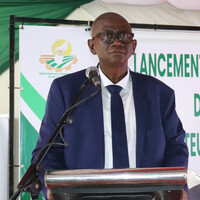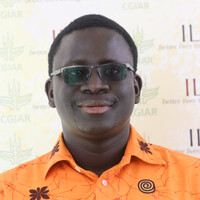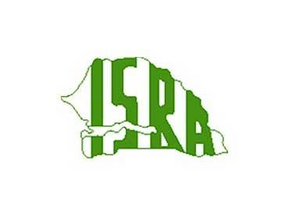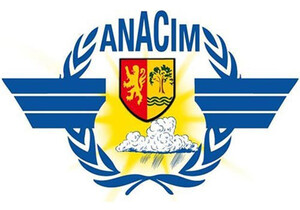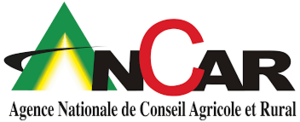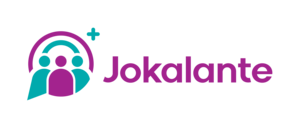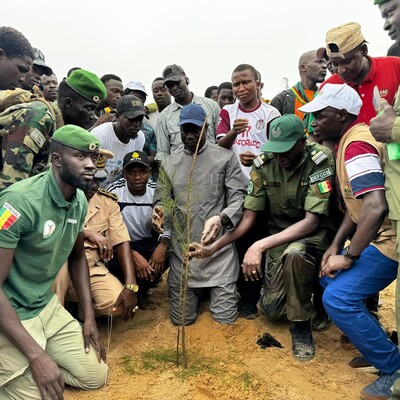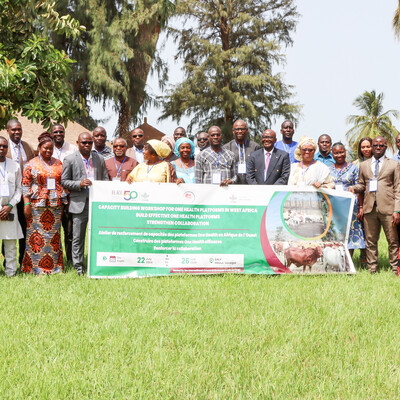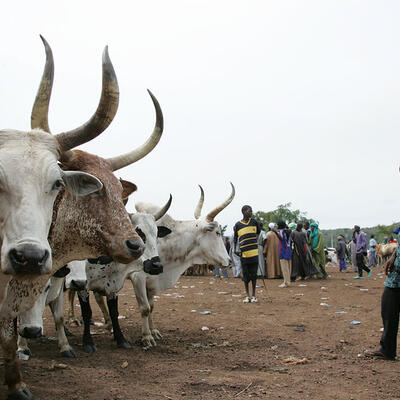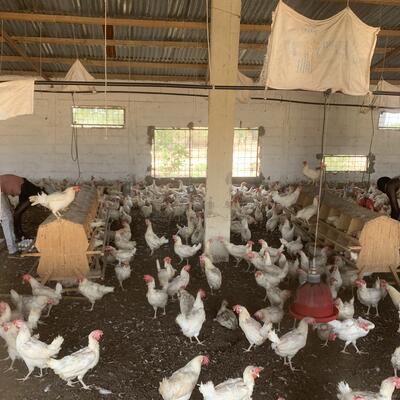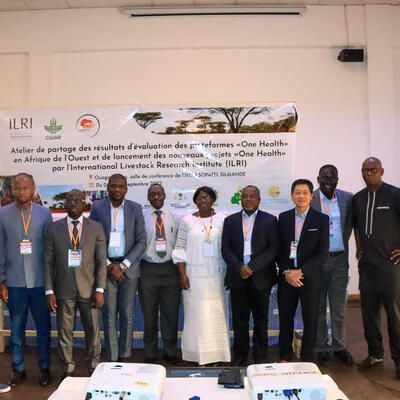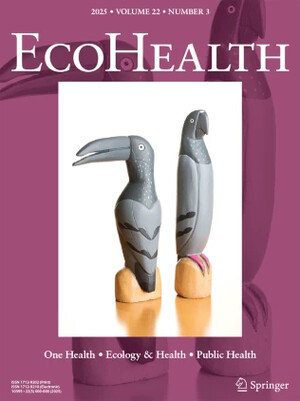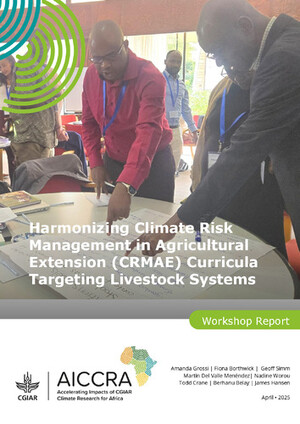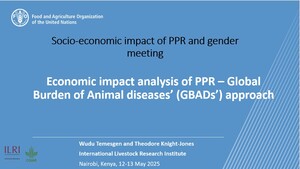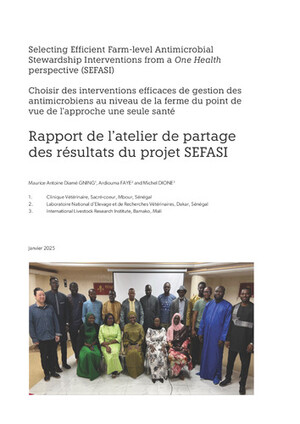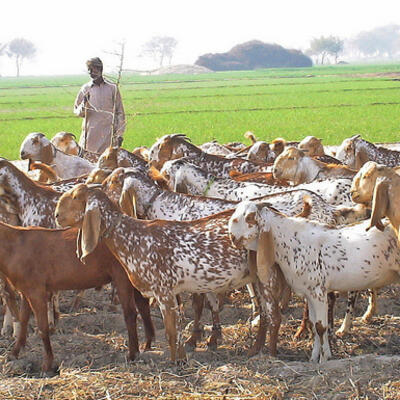
Senegal
The livestock challenge in Senegal
In Senegal, livestock plays a central role in national development, mobilising around 30% of the population and contributing 4.6% to national GDP (MEPA, 2020). In addition to providing livelihood and income opportunities, livestock farming supports food security by being the main supplier of meat for national consumption, with annual production of 200,000 to 214,000 tonnes of meat per year, covering around 95% of national needs (i.e. 15 to 16 kg/capita/year) (MEPA, 2018).
Senegal has a large ruminant herd, comprising:
- 3 .7 million cattle
- 7 .4 million sheep
- 6 .2 million goats


.
These herds are divided into three main agro-ecological systems: the extensive pastoral system, the mixed agro-pastoral system and the intensive system. The extensive pastoral system, concentrated mainly in the Sylvo-Pastoral Zone (ZSP) and partly in the groundnut basin, relies on herd mobility to exploit the complementarities of the different agro-climatic zones. This system not only ensures the food security of herds and pastoral households, but also the socio-economic resilience of rural communities.
However, the productivity of livestock farming in Senegal remains low, and several challenges are holding back its development:
- Vulnerability to climatic hazards
- Reduced grazing areas
- Lack of infrastructure in certain areas
- Low production
- Mobility management
- Limited access to land and natural resources
- Demographic pressure
- Loss of biodiversity in pastoral areas
How is ILRI addressing these challenges
Since its establishment in Senegal, ILRI has undertaken impactful projects to address the challenges in the livestock sector, delivering research and development outcomes that support productivity and resilience. Today, ILRI’s research in Senegal focuses on:
- Animal health and disease prevention: Through a One Health approach, ILRI is addressing animal and human health risks by researching prevalent diseases, developing vaccines, and improving diagnostic tools to prevent and control zoonotic and emerging diseases. ILRI partners with local veterinary services to strengthen disease monitoring and response, enhancing livestock health across the country.
- Sustainable feed and water management: ILRI is researching sustainable solutions for feed production and water management that are suited to small-scale livestock producers. These solutions aim to increase access to quality feed and water resources, supporting year-round livestock health and productivity even in times of resource scarcity.
- Climate-smart livestock systems: ILRI promotes climate-smart practices in livestock systems, such as community-based breeding programs, efficient resource utilization, and data-driven approaches to monitor and improve livestock management. These innovations contribute to building climate-resilient livestock systems in Senegal.
- Capacity building and knowledge sharing: To ensure the sustainability of its initiatives, ILRI invests in strengthening the capacities of local actors—including farmers, extension agents, and policymakers—through training and collaborative knowledge exchange. This helps to embed sustainable practices within communities and supports the broader development of Senegal’s livestock sector.
- Aligned with Senegal’s development priorities and CGIAR’s mission of creating a food-secure future, these research areas are implemented in close collaboration with national actors and development partners, enabling ILRI to contribute to a resilient and sustainable livestock sector that supports livelihoods and food security across Senegal.
ILRI also works with international research centres, universities, local and international NGOs, donors, CGAIR centres, the private sector, local communities and their representatives, and development projects.






